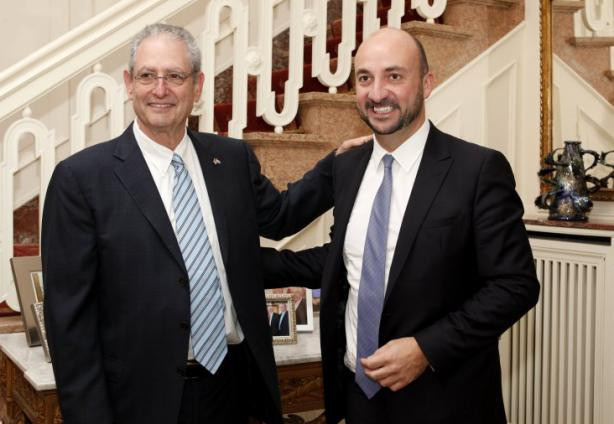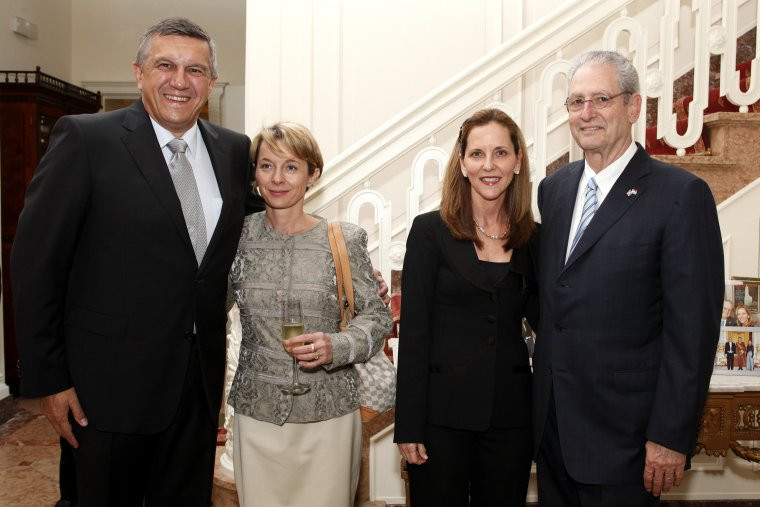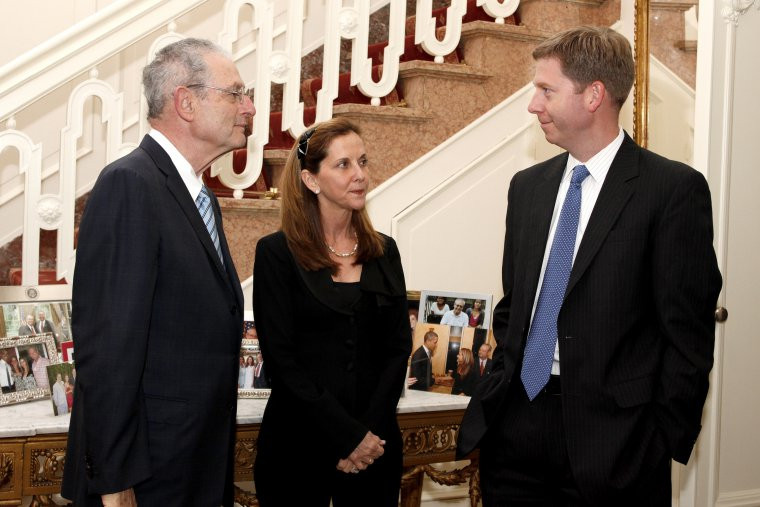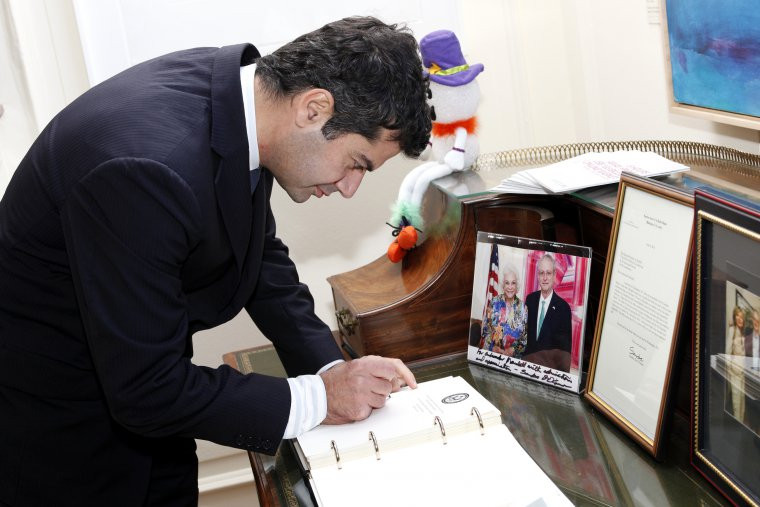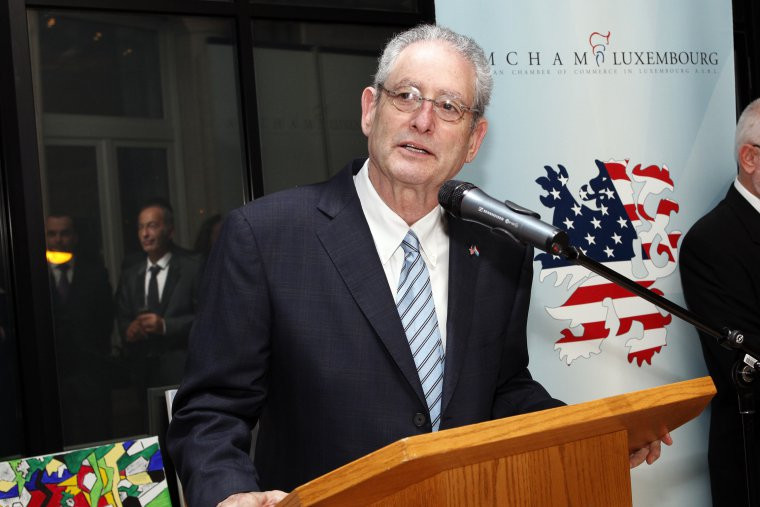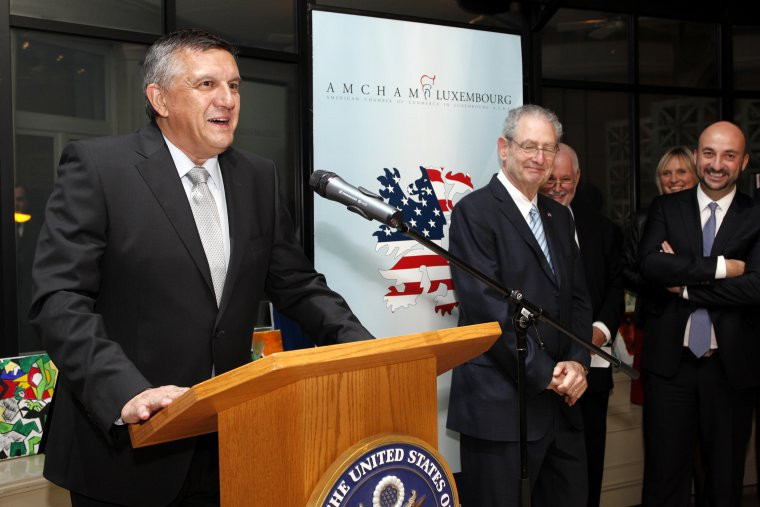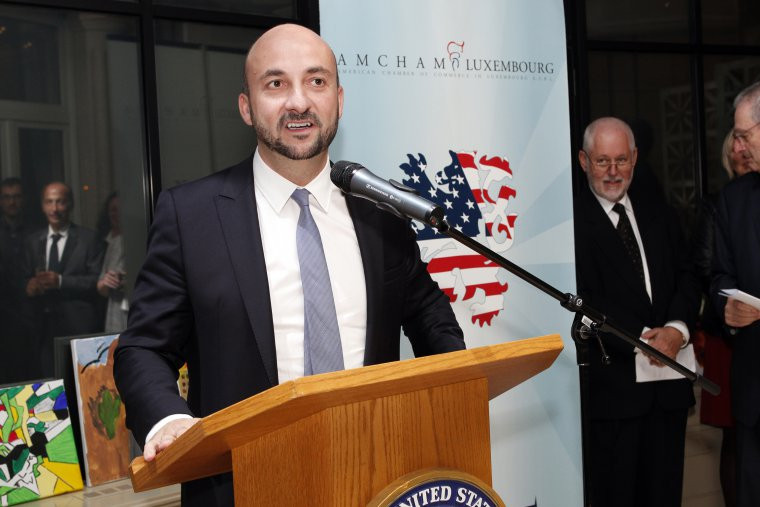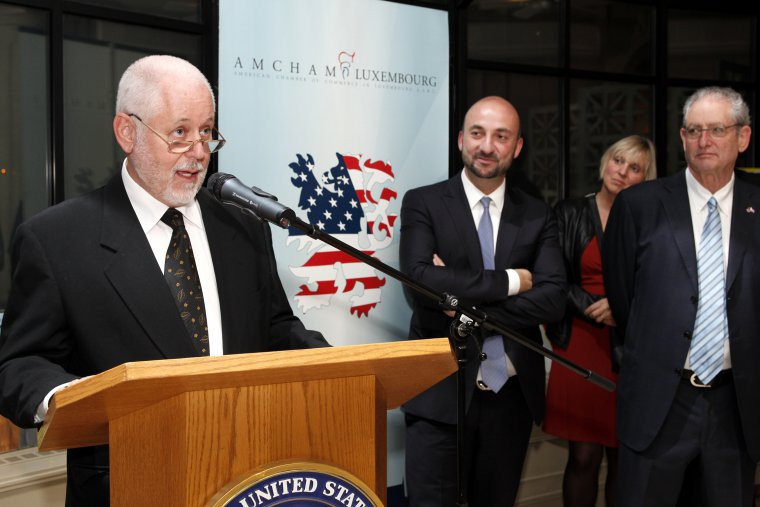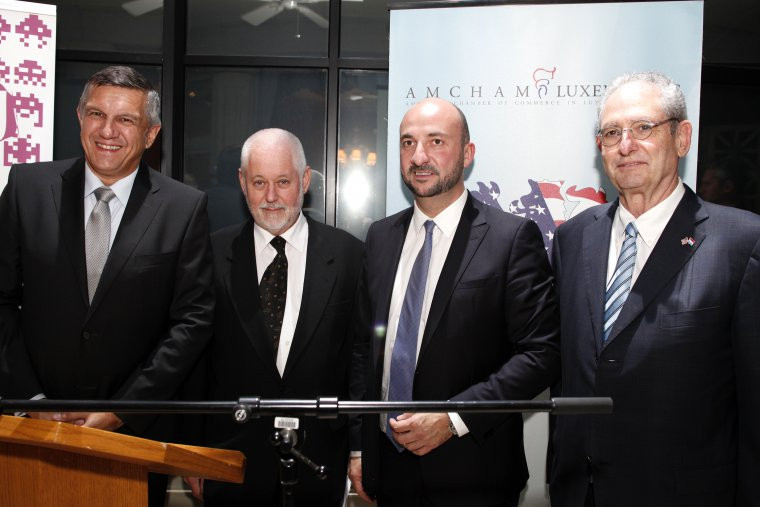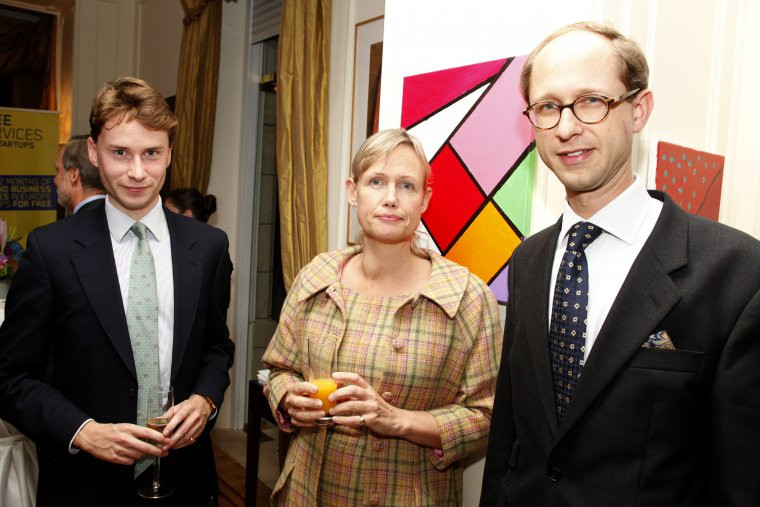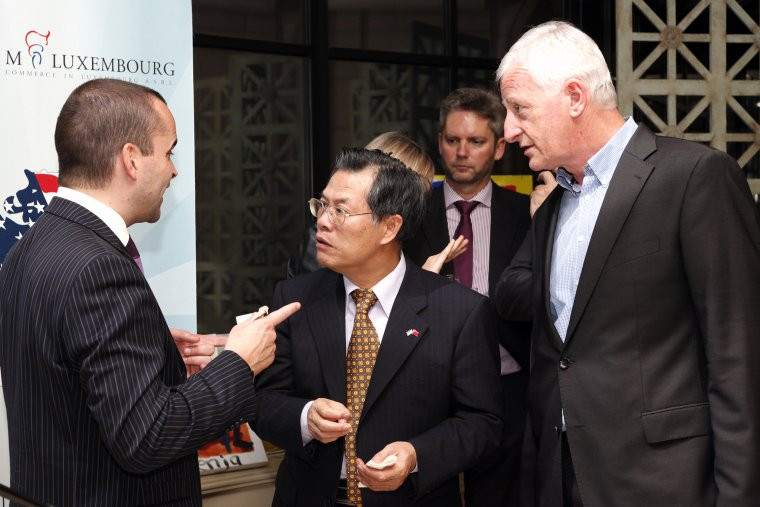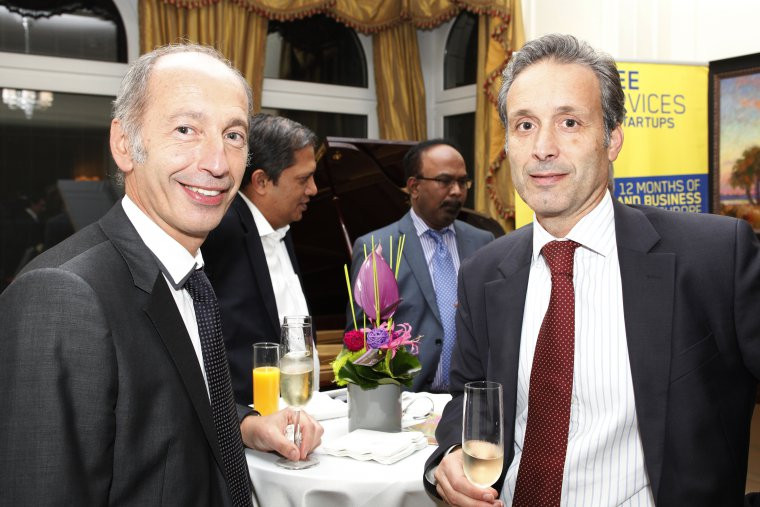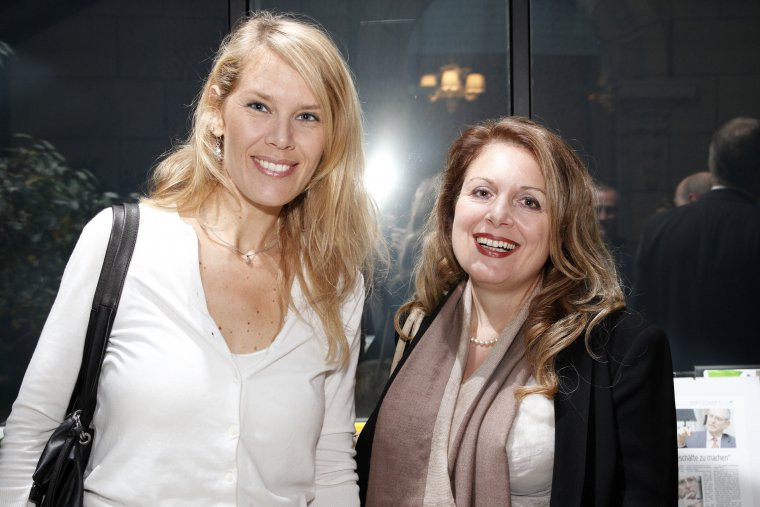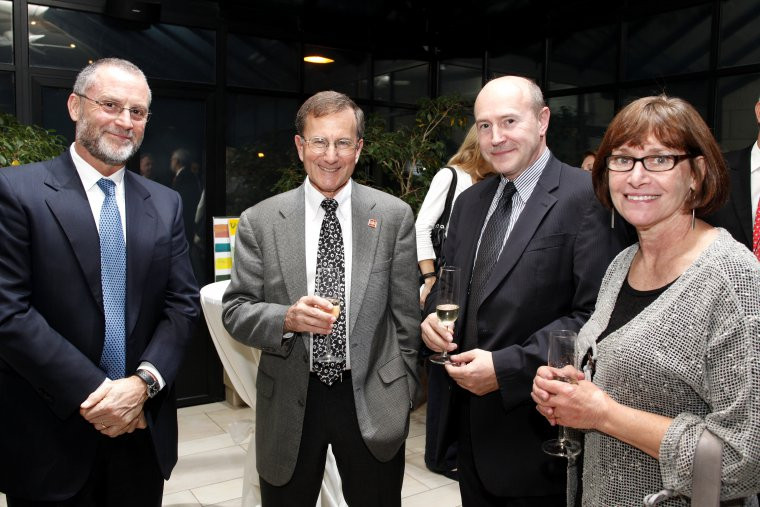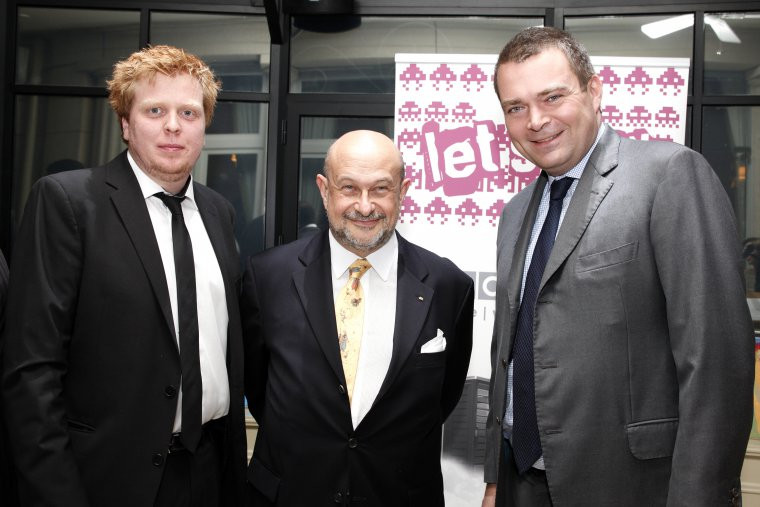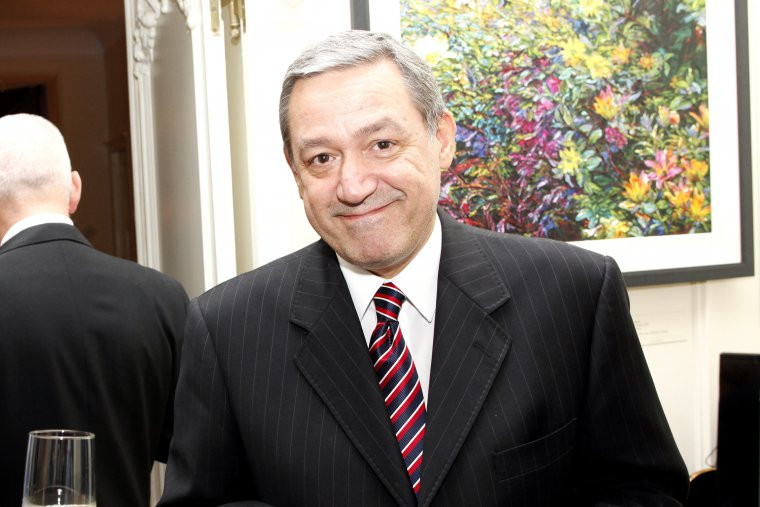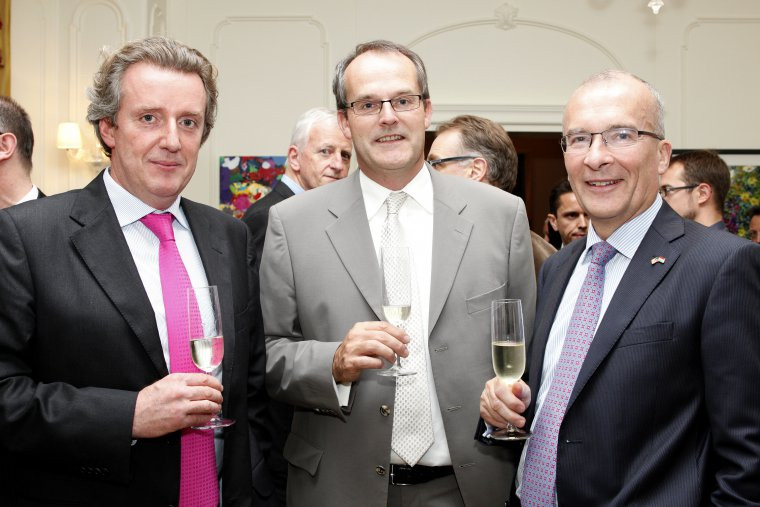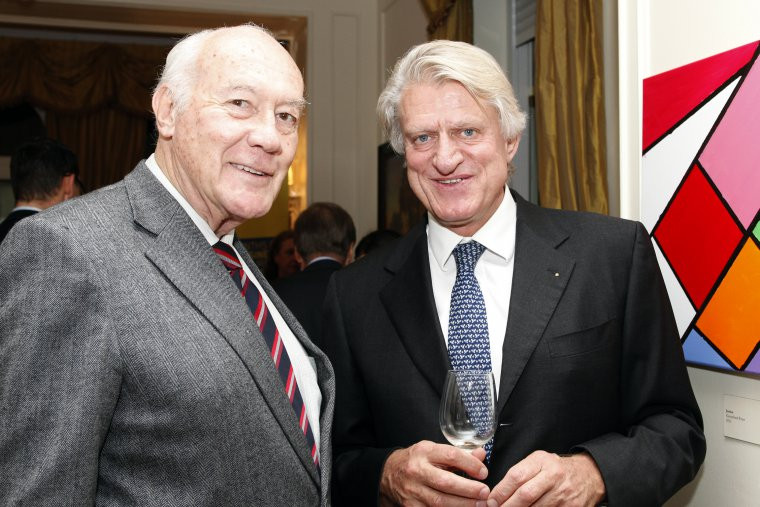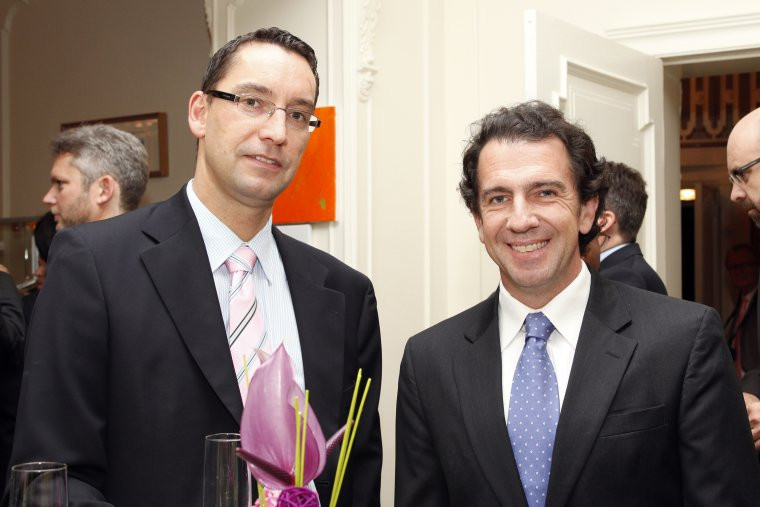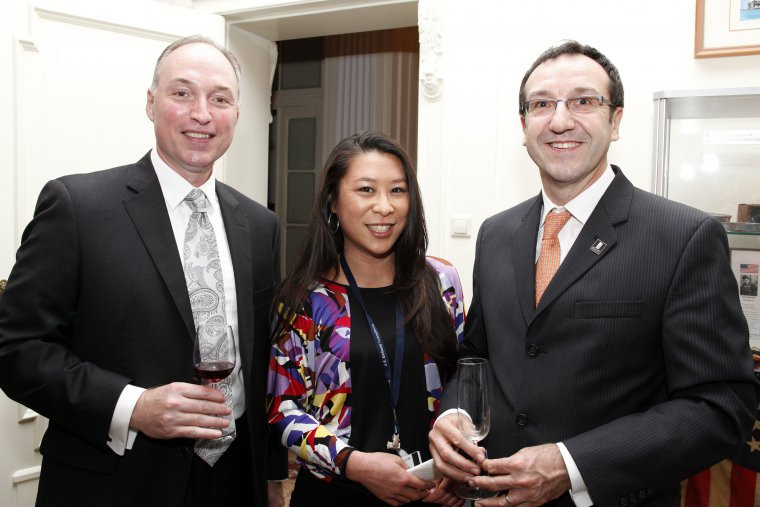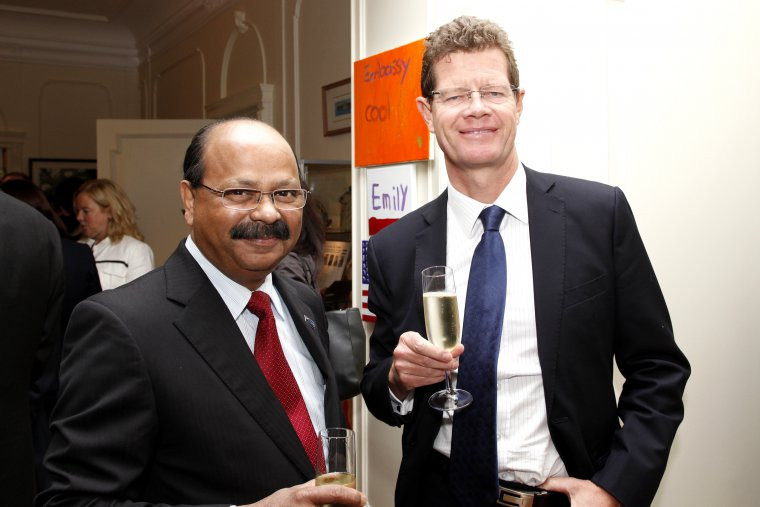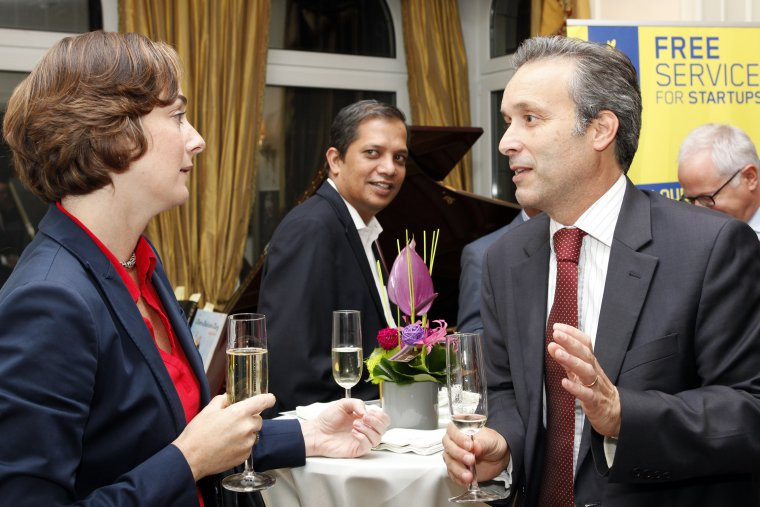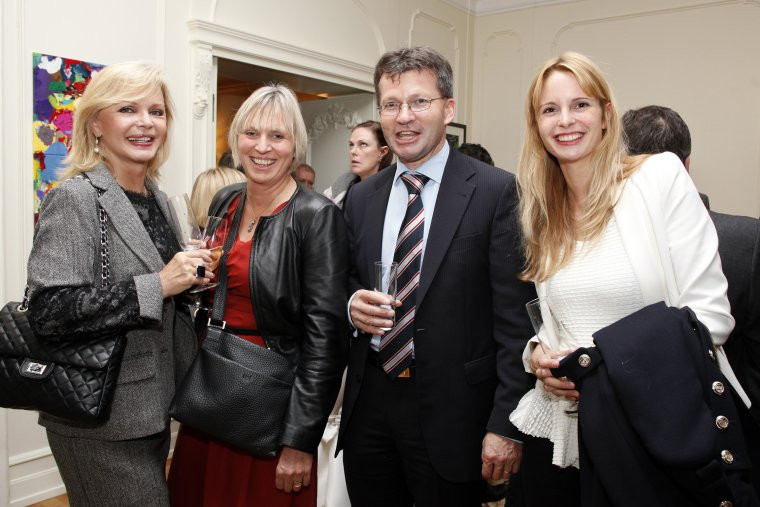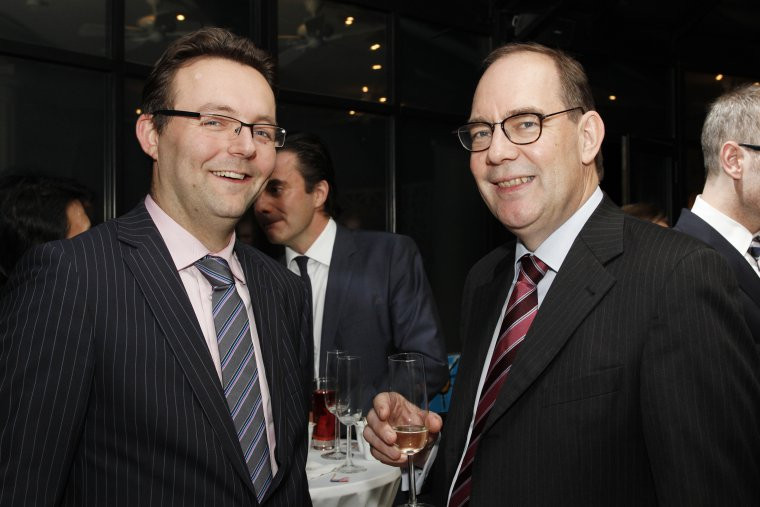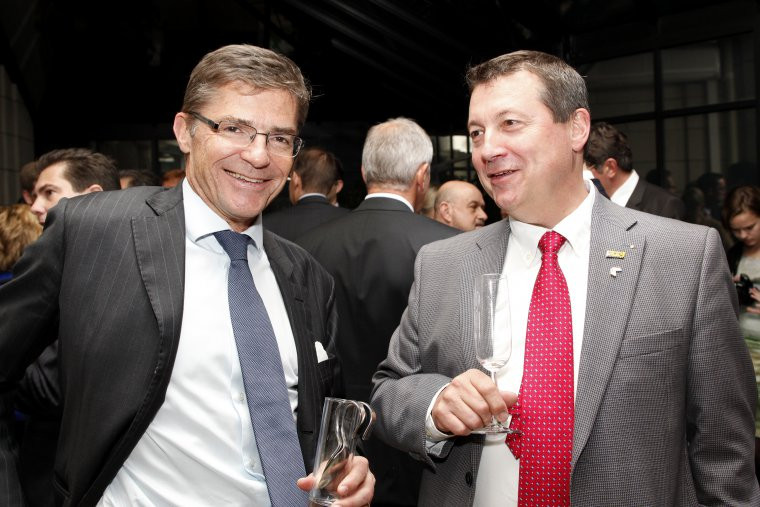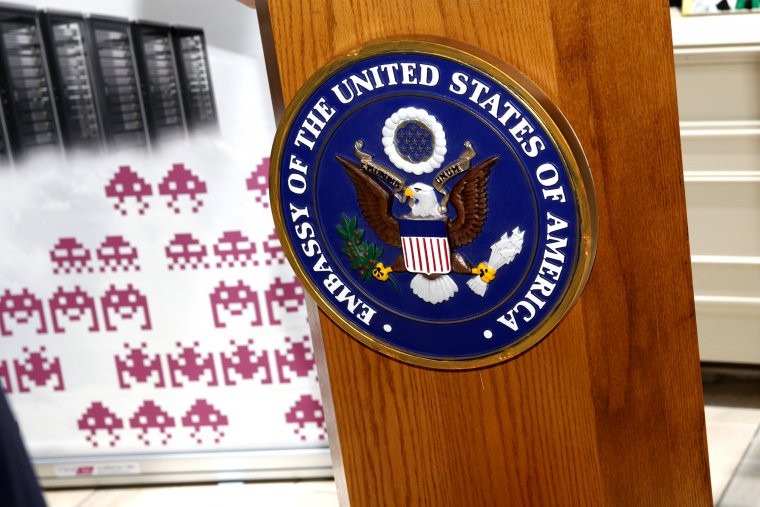The American Chamber of Commerce in Luxembourg’s traditional fall welcome back reception was given a shake up on Tuesday evening by minister for the economy Etienne Schneider.
Speaking at the US ambassador’s residence about the challenge of attracting qualified competences to Luxembourg the minister said he is often asked by those whom he is trying to lobby abroad “what the fuck is Luxembourg?” Schneider said he had been looking at ways of increasing Luxembourg’s profile abroad, such as developing an advertising campaign and buying airtime on global broadcasters such as CNN. But the best promotion recently was the wedding of Crown Prince Guillaume, which had truly helped put Luxembourg on the map and showed off its best side. “The 350,000 euro contribution from the government was a bargain,” he said. “They should marry more often.”
Schneider said he had promised himself when he took up his portfolio in February that he would not travel abroad as much as his predecessor Jeannot Krecké. “But staying in Luxembourg is like being the minister for palliative care,” he joked. While admitting that Luxembourg’s economy is sick, however, Schneider insists that it will recover. “The outlook remains bleak, and there are some setbacks to come but I am confident we will emerge from the crisis. Maybe not next year or even the year after, but we will.”
Indeed, while the minister confessed that at times he felt he had taken on a job that was akin to committing “hari-kiri”, and that Luxembourg was struggling to be competitive enough in certain industries with low margins, he did point to several positive factors. “We have to save what we can save and find new sectors,” he said.
Referring to his efforts to keep Luxguard afloat, the minister seemed almost to concede defeat. He pointed out that limits on the amount of aid Luxembourg can give companies meant that the government could only provide some eight percent of the 100 million euro the company requires for a new furnace. “In eastern Germany they can get 30 percent and labour costs are around two-thirds of those here. Those are huge disadvantages.”
On the other hand, the government is determined to keep Cargolux in the Grand Duchy as it is vital to Luxembourg’s future development as a logistics centre--one of new sectors, alongside biotech and ICT, of the economy that the government is pushing in its efforts towards diversification. And logistics is the only one of those that could provide significant numbers of new jobs for lower skilled workers. Schneider explained that the sector currently employs some 13,000 workers and is contributing an annual turnover of 850 million euro to the economy. New investments from Turkey and France as well as the development of the Freeport could lead to even more wealth and jobs.
But it is the ICT sector that has been the biggest success, said Schneider. It not only creates jobs but has also been a significant contributor of tax revenue. And companies such as Amazon have told Schneider that even when new Europe-wide VAT rules come into effect in 2015--thus negating the controversial tax advantage of being located in Luxembourg--they plan to stay because they are happy here.
The minister touched briefly on the budget and said that he was ready to accept criticism, but was happy that it respected the “golden rule” that the fiscal deficit remained below the level of investment. He even conceded that parliament may want to change some aspects of the budget but hoped that it would not go down the easiest route of increasing taxes. “That would be poison for the economy.”
